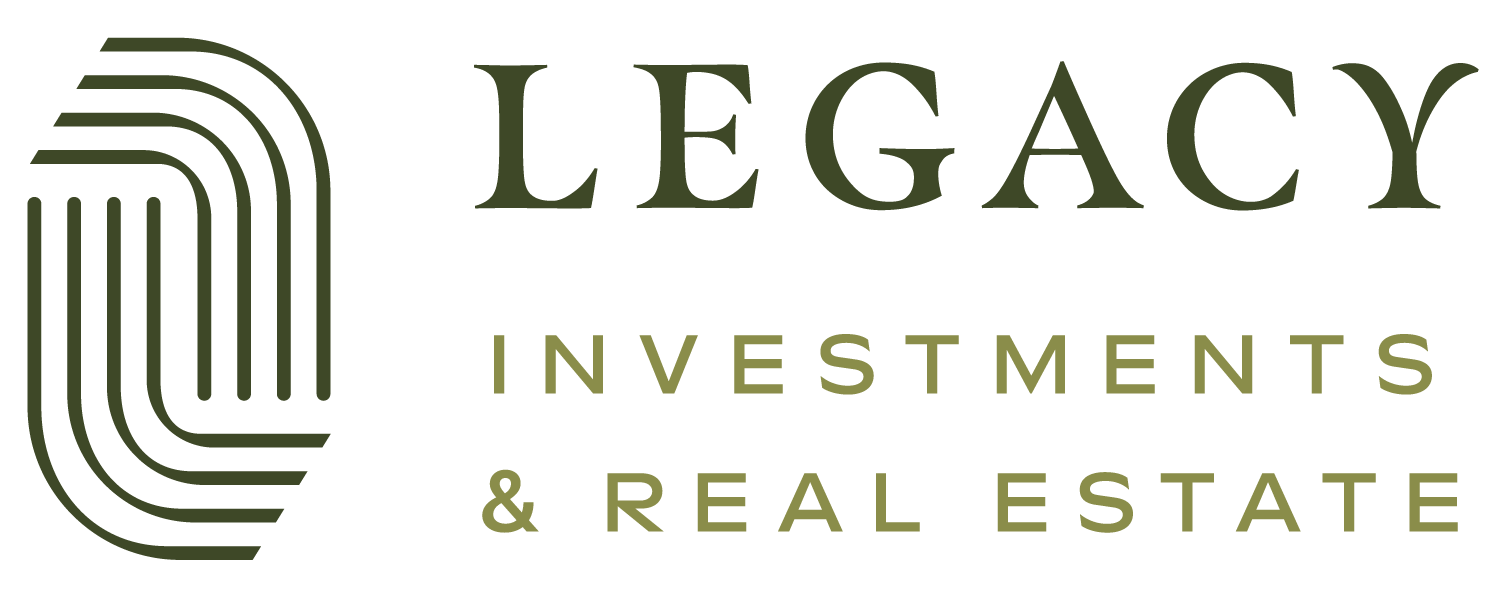Case Study: Maximizing Benefits from Rental Property Sales
Mr. and Mrs. Walters have just retired at age 67 and 68. During the real estate downturn, they acquired three rental homes in the Central Valley for $200,000 each. They borrowed $140,000 on each. They did a refinance with cash out on two properties.
The properties are now worth $400,000 each for a total of $1,200,000 with mortgages totaling $500,000, leaving them with $700,000 in equity. They are tired of managing the properties and are at the point they need to make a lot of repairs. To do that, they will need to refinance one or more of the properties. They worked with a savvy realtor who reviewed their income and expenses and found that the cash flow on the properties after loan payment, taxes, and insurance is only $1,200 per month for all three which is only a 2.1% return on the $700,000 in current equity.
The Walters felt their options were very limited and they wondered if they shouldn’t just sell and pay the taxes. Fortunately, their realtor took the time to learn from Legacy Investment Real Estate about 1031 Exchange options and how it may help the Walters in this situation.
Results without using a DST
If the Walters take out another loan and make improvements, their return will be even lower. However, if they sell, they will owe $200,000 in taxes unless they do a 1031 Exchange and buy more income property. With only $700,000 in equity, there is not much to acquire other than more rental properties and these will require management and the returns will be low. Additionally, they will have to apply for and guarantee a new loan to replace the existing $500,000 in debt.
Results with using a DST
With the help of Legacy Investment Real Estate using the Delaware Statutory Trust (DST) structure, the Walters were able to diversify their equity of $700,000 across three different DST offerings. These DST investments had a non-recourse loan in place, so the Walters were given a debt assignment of $500,000. The non-recourse loan meant they did not have to apply for or guarantee a loan. Their total asset value in DSTs is $1,200,000. The three DSTs they bought gave them a beneficial ownership interest in an apartment building in Colorado, a self-storage facility in Texas, and a medical office building in Florida. Their $700,000 of equity in DSTs has the potential for annual income that may be higher than the 2.1% they were netting on their rentals. They also saved $200,000 in taxes – money they got to keep, invest, and potentially earn more income on.
Now the Walters can enjoy their retirement, while having the potential for a higher return, and preserve capital by owning a diversified portfolio of institutional-quality investment real estate. They also benefit from depreciation and may benefit in the long run through appreciation, all while traveling, playing golf, and visiting grandchildren.
Legacy Investments & Real Estate is your partner in passive real estate investment.
We are passionate in our pursuit to help every investor build their financial legacy by unlocking the power of passive real estate. Through custom strategies aligned to their unique goals and needs, we provide investors with the potential for all the benefits of real estate investing without the headaches of property management.
Ready for professional, tailored guidance on your passive real estate investment needs?
Other resources you might find helpful
Because investor situations and objectives vary this information is not intended to indicate suitability or a recommendation for any individual investor.
This is for informational purposes only, does not constitute individual investment advice, and should not be relied upon as tax or legal advice. Please consult the appropriate professional regarding your individual circumstance.
Potential cash flows/returns/appreciation are not guaranteed and could be lower than anticipated.
Diversification does not guarantee a profit or protect against a loss in a declining market. It is a method used to help manage investment risk.
There are material risks associated with investing in DST properties and real estate securities including liquidity, tenant vacancies, general market conditions and competition, lack of operating history, interest rate risks, the risk of new supply coming to market and softening rental rates, general risks of owning/operating commercial and multifamily properties, short term leases associated with multi-family properties, financing risks, potential adverse tax consequences, general economic risks, development risks, long hold periods, and potential loss of the entire investment principal.
DST 1031 properties are only available to accredited investors (typically defined as having a $1 million net worth excluding primary residence or $200,000 income individually/$300,000 jointly of the last two years; or have an active Series 7, Series 82, or Series 65). Individuals holding a Series 66 do not fall under this definition) and accredited entities only. If you are unsure if you are an accredited investor and/or an accredited entity, please verify with your CPA and Attorney.




